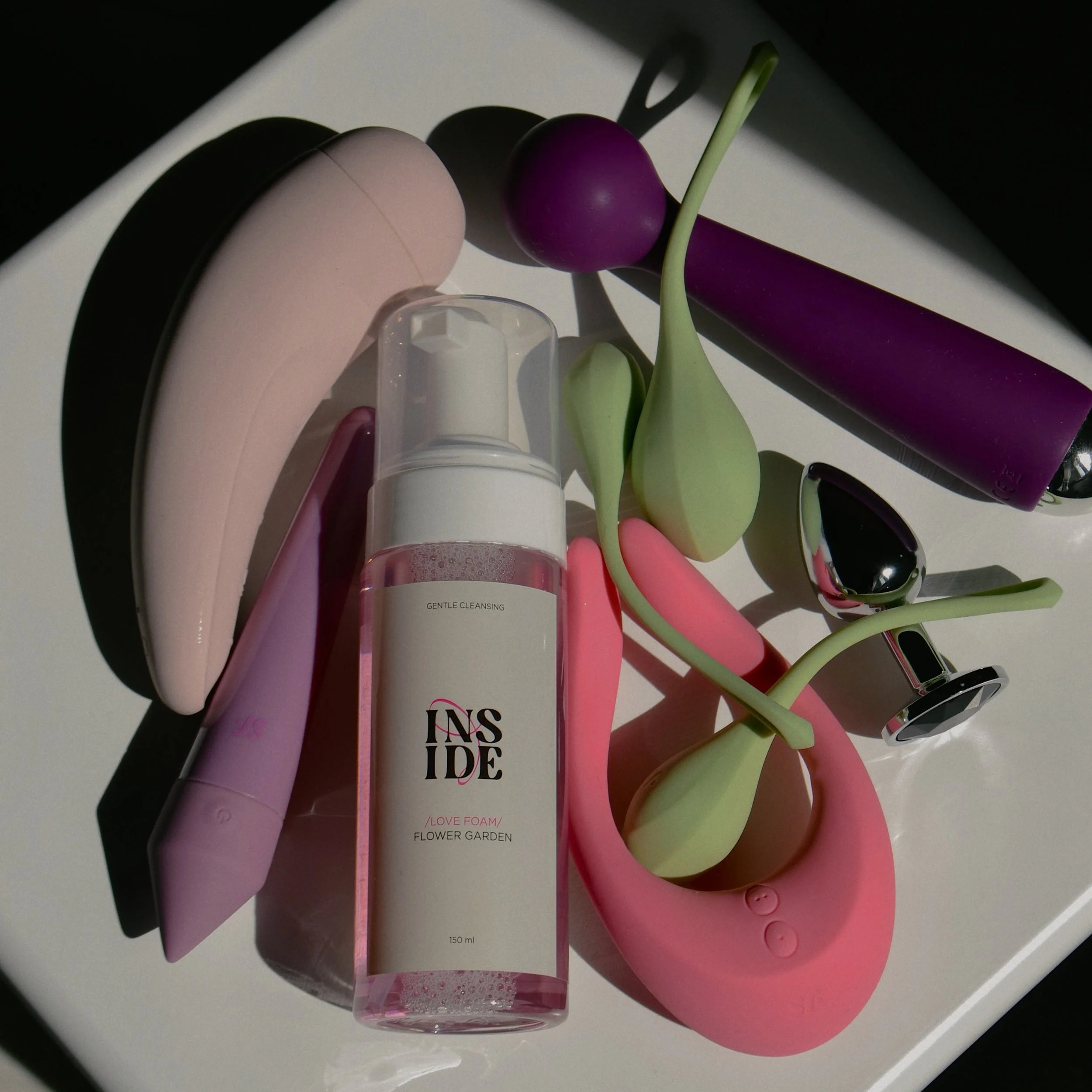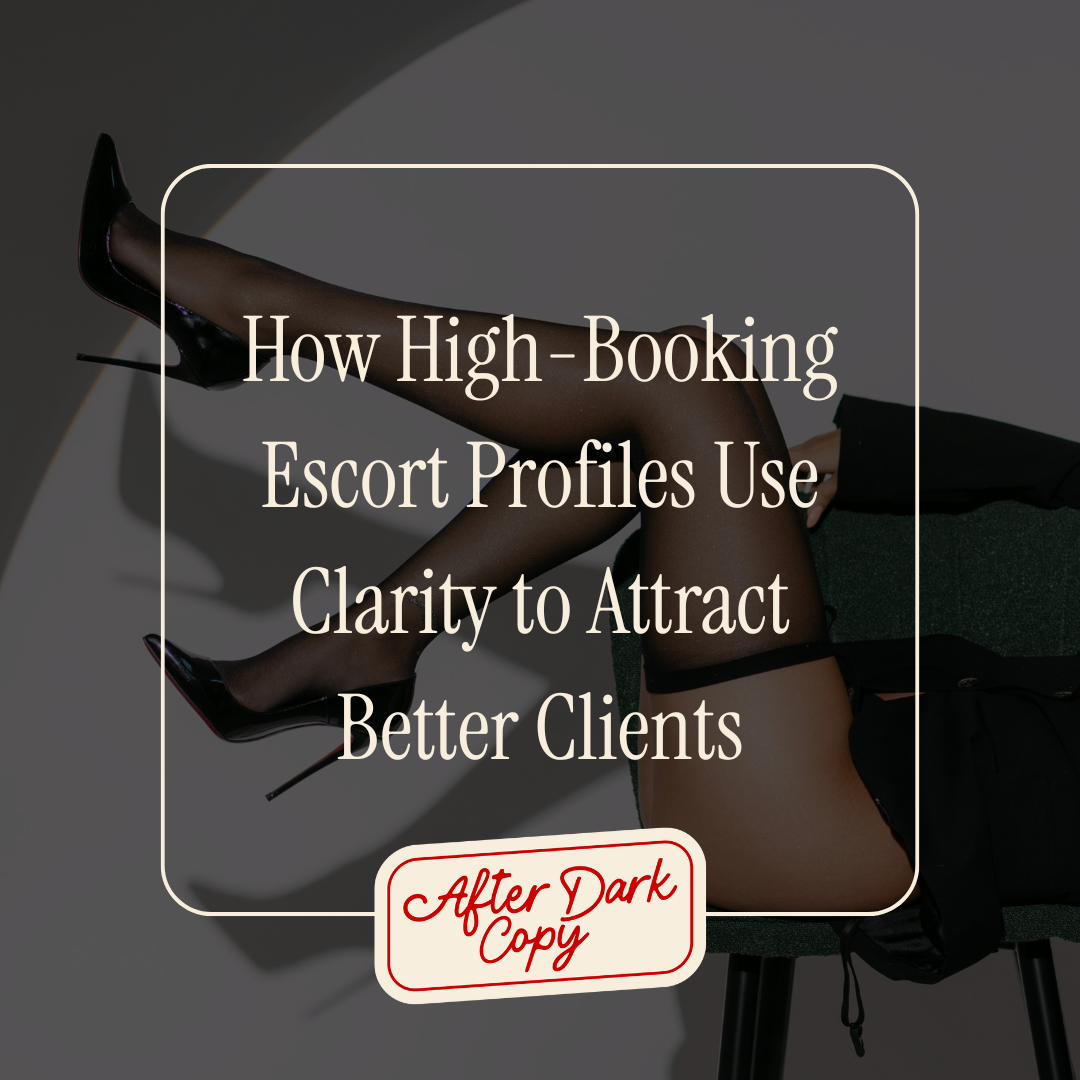How to Sound Like a Real Human While Teaching About Sex
A Guide for Sex-Positive Educators
Okay picture this: you walk into a room and someone says “Let’s discuss the anatomical structure of the external female genitalia and its role in sexual arousal.”
Yaaaawn. Did you just feel your soul leave your body? Yeah, met too. What is this person even talking about?!
Now imagine someone saying, “Hey, want to get to know your body better? Let’s talk about all the amazing things your clitoris can do, and trust me, there’s more than you think!”
See the difference? The first one sounds like it was written by a very boring (and sexually frustrated) robot. The other sounds like your cool friend who’s about to give you the hottest tea ever.
If you’re a sex educator struggling to connect to your audience, chances are you’re stuck in textbook mode, and it’s time for a makeover!
How I Learned to Ditch the Textbook (The Hard Way)
Let me tell you a little secret: I used to be the queen of clinical language. During my time as a college educator working with international students, I thought being “professional” meant sounding like one of those old-timey, crusty professors with the leather elbow patches on their jackets…you know what I mean?
But I was WRONG.
I’ll never forget the first time a student came to my office hours, clearly nervous, fidgeting with her backpack straps. After a few minutes of small talk, she finally whispered, “Can I ask you something weird?”
Turns out, she’d never had anyone in her life she could ask about sex, periods, her body, or relationships. Not her parents, not her friends, not even a doctor she felt comfortable with. I was literally the FIRST person she’d encountered that made her feel comfortable enough to ask the weird, awkward sex questions she had.
So I took a deep breath and said, “There’s no such thing as a weird question when it comes to your body. What’s going on?”
And she OPENED UP. Real questions, real concerns, real learning happening for the first time in her life.
That’s when I realized that being “professional” was actually being super unhelpful. My clinical approach was building walls when what people really needed were bridges.
The Problem: Clinical Language Kills Connection
The thing about textbook language is that while it’s technically correct, it creates distance when what we need is intimacy (and I don’t mean that kind of intimacy, though that’s important too!).
When we sound like robots, people stop listening. They don’t ask questions. They leave feeling more confused and ashamed than when they arrived. Any sexual or body shame they have stays in the room like an unwelcome third wheel, and you can forget about forging a real connection.
I’ve seen it happen over and over again: sex educators who know their stuff inside and out, but their audience glazes over the moment they start talking about “physiological responses to sexual stimuli” instead of just saying “what happens when you get turned on.”
The Solution: Your Quick, 3-Step Voice Makeover
Since you’re here, I know you’re ready to drop that textbook language and transition to sex educator bestie. Here’s how:
Talk Like You’re Having Coffee With a Friend
This is the absolute golden rule when it comes to sex education. Use everyday language alongside those fancy medical terms. You’re not dumbing things down, you’re making them accessible. There’s a huge difference.
I like to think of it as translation work (which is a little biased on my part since I have an MA in Linguistics!). You speak both languages - medical professional and actual human - so it’s your job to help people understand both. Give them the proper terms (because knowledge is power) but wrap them in language that doesn’t make people want to hide under a blanket.
Embrace the Awkward (Seriously, It’s Where Learning Happens)
Sex education is inherently awkward sometimes. Instead of pretending it’s not, let’s lean into it!
“Okay, we’re about to talk about anal sex, and yes, I see those faces. It’s okay to feel weird about this—most of us weren’t exactly raised with this as dinner table conversation.”
When you acknowledge the elephant in the room, you give everyone permission to relax. Suddenly, that awkward energy transforms into curiosity. And curiosity? That’s where the magic happens!
Use humor as your secret weapon, but make sure you’re laughing with people, not at the topic. There’s a difference between “Isn’t it funny how we all get weird about this totally normal thing?” and making the subject itself the punchline.
Use Analogies That Actually Make Sense
Want to explain arousal? Don’t talk about “increased blood flow to erectile tissues.” Try this: “Think of arousal like turning up the volume on your favorite song. There are levels, and everyone’s volume knob works a little differently.”
Good analogies help people understand complex concepts through things they already know. They create those “aha!” moments that stick way better than any medical definition ever could.
Just remember: your analogies should illuminate, not complicate. If you find yourself explaining your explanation, try a different approach.
Quick Wins: Where to Start Today
Ready to try out some new ways of communicating sexual concepts? Here are a few super easy ways to start:
The Social Media Test: Pick one of your recent educational posts and rewrite it like you’re texting your most curious friend. Replace at least one clinical term with everyday language + the proper term. Add one relatable comparison or analogy.
The “Awkward Question Practice: Think about the weirdest, most uncomfortable question someone’s ever asked you. Now practice answering it in your natural voice, NOT your textbook voice. Notice how much more helpful and reassuring you sound when you’re being real.
The Coffee Shop Challenge: Explain a sexual health concept to an imaginary friend sitting across from you at your favorite cafe. How would you actually talk about it in that setting?
Common Pitfalls to Avoid
The “Too Cool for School” Trap: There’s a sweet spot between being relatable and maintaining your credibility. You want to sound like a knowledgeable friend, not like you’re trying too hard to be the “cool teacher.” Trust your expertise—you don’t need to prove how chill you are.
The Cutesy Language Problem: While we want to be approachable, don’t swing so far into casual that you start using playground terms. Your audience isn’t five years old. Calling it a “hoo-ha” or “peepee” actually creates more shame and confusion than using proper anatomical terms with friendly explanations. You’re teaching adults about adult bodies—treat them (and their bodies) with respect.
The Oversharing Danger Zone: Personal stories can be powerful, but remember: you’re the guide, not the main character. Share enough to build connection and show you’re human, but keep the focus on their learning, not your autobiography.
What Changes When You Sound Human
When you lose the textbook tone, everything shifts. People start asking more questions (and I mean the REAL ones they’ve been dying to know, but too intimidated to ask). Your comments section comes alive. Your DMs fill up with people saying “Thank you for finally making this make sense” and “I never felt comfortable asking anyone else.”
The information actually sticks because people aren’t fighting through a wall of technical, clinical jargon to get the good stuff. And here’s the best part: you start building trust instead of just demonstrating your credentials.
Trust is what makes people come back. Trust is what makes them recommend you to their friends. Trust is what turns a one-time reader into a lifelong learner.
Your Turn to Get Real!
Here’s your challenge: Pick one piece of content this week, a post, an email, a video script, etc, and give it the full human voice treatment. Read it out loud. If it sounds like something you’d actually say to a friend, you’re on the right track!
Remember, the most professional thing you can do is actually help people learn about their body and sexuality. And people learn better when they feel comfortable, understood, and connected to you.
Need Help Finding That Perfect Sex Ed Voice?
If this blog has you thinking, “That totally makes sense, but I’m still not sure I’m hitting the right tone,” then let’s chat!
I specialize in helping sex educators, adult brands, and pleasure-positive businesses find their authentic voice and turn it into copy that makes them cash. From content audits to social media content to educational materials, I’ll help you create messaging that’s as compelling as your expertise.





